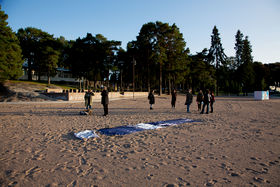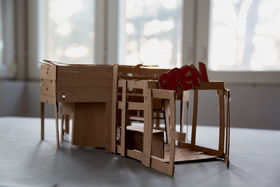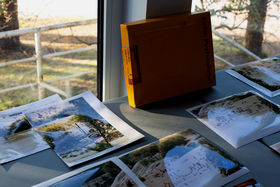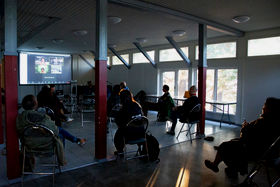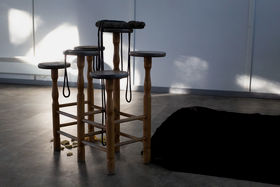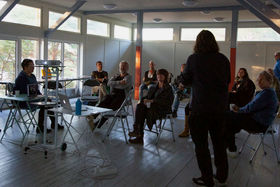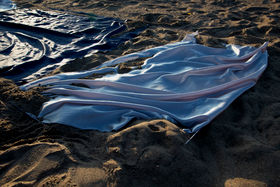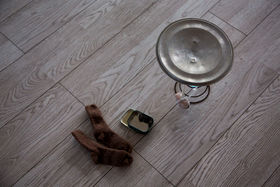Art, Politics and Law with Jaques Rancière and artist collective PhD in One Night
Aalto Department of Art's Trans-Institutional Experiments and Collaborations (TAI-E3150), in collaboration with University of Helsinki, Doctoral School of Law, University of Arts and Töölö Academy and Hietsun Paviljonki, invited multidisciplinary students and faculty to discuss the relationship between art and politics. Taking the writing of Jaques Rancière as its starting point, the course comprised of two core workshops with contributions from Rancière and artist collective PhD in One Night.
Workshop 1 was delivered in April and May in an online format with seminars, readings of key texts and a closing session with Rancière on 20 May 2020. In September, Workshop 2 focused on artistic practice and research at Hietsun Paviljonki, Töölö, and culminated in an evening of discussion and an exhibition titled Interdisciplinary Interventions.
The main thrust of Rancière's thinking has been to show how art and politics have always been intrinsically intertwined. Coming from a Marxist tradition, Rancière abandons the established modernist notions of pure art and politics and instead tries to reveal art's intrinsic link to politics by analysing what they both have in common: the distribution of the sensible, the delimitation of the visible and the invisible, the audible and the inaudible, the thinkable and the unthinkable, the possible and the impossible.
If radical emancipatory politics consists of scenes of disagreement in which we can consider who is a political subject, who has right to speak in meaningful way, art's emancipatory potential consists of its capability to challenge pre-established ways of distributing the sensible; to create new unheard ways to feel, see and think; to create something new which has, previously, been judged as impossible. For Rancière, there is a stark choice in art: either move towards radical egalitarian democracy or help to create a new reactionary political regime. No political revolution is without an aesthetic revolution.
Course leader: Pia Euro, Lecturer in Visual Cultures, Curating and Contemporary Art (ViCCA) at Aalto University.
*Organisers held the workshops in accordance with Covid-19 recommendations in place during the months of April, May and September 2020.
- Published:
- Updated:
